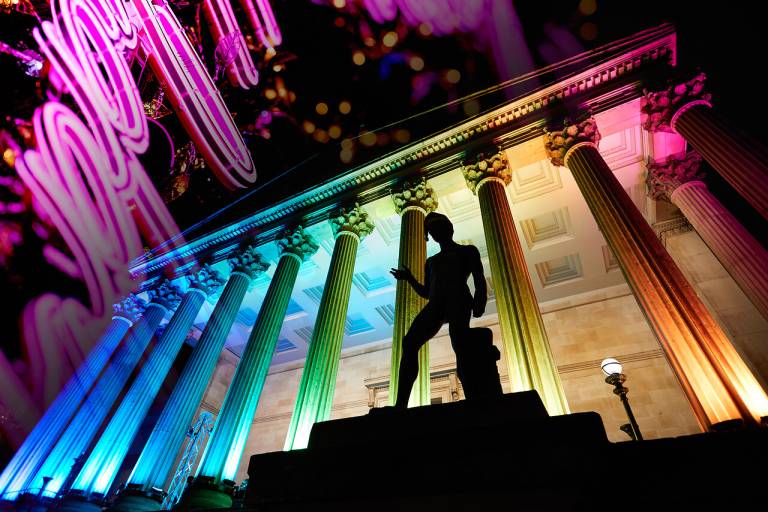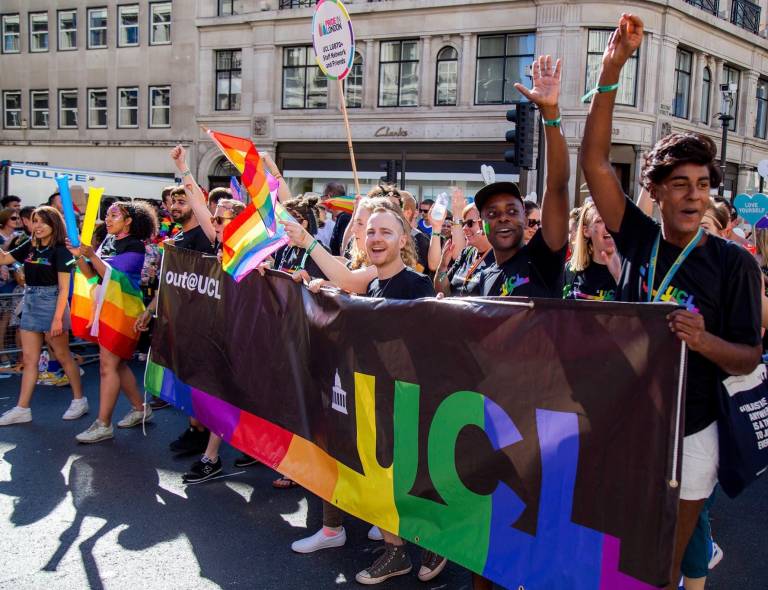Written by an anonymous student
It took a while for me to find my community at UCL.
I’ll happily admit that I still haven’t fully found it, and look forward with optimism to the fact that I still have another year to explore it. In my first year I wasn’t actively seeking a community. I wasn’t even sure what I was looking for, as I was grappling with trying to put a label on things (even if I now realise that for me personally it’s better to just explore my sexuality, for the time being).
Many people come out for the first time while at university. And university, like everything in life, is quite temporary, I think. We can hope that the friendships we take from university stay with us for a long time after we graduate, but the idea of needing to belong to a community can also come with a certain pressure. What does community mean to everyone? How do we look for it? What does it mean on an individual scale?
And whether that community has to necessarily be classified as an LGBTQIA+ one is up for debate. Community doesn’t need to be tied to sexuality. Neither is it necessary to find a concrete community either. The most treasured moments I’ve experienced of feeling within a community have come with friends who celebrate and love me for who I am.

There are so many different societies and events on offer at UCL - it can sometimes be hard to find the right ones for you. My advice, after having tried out many, is to stick with the ones you try out (unless you absolutely hate them) as it takes time to cultivate connections. Join sports societies, student media or whatever you are interested in. Talk to people, and the right ones will stick – ultimately everyone is looking for a community and connection at UCL, even if it takes time.
Expressing doubts or questions over my sexuality while at university is something that took a bit of time with me; other friends were a lot more open from the jump. It’s also important not to assume that the people around you are not looking for support or the opportunity to talk. My closest friend came out as asexual, and that in itself helped me in my own identity finding. There are so many stereotypes on what it means to be queer that are often tied to images in media and culture, which I find difficult to identify with in real life. It’s a constant journey of exploration and trying to find a community, which also won’t stop at university - as we shift and evolve in life the need for community crops up again and again.

So, as we celebrate Pride Month, we should perhaps also do it with the knowledge that for many members of the LGBTQIA+ community it can be a struggle to find a community and feel accepted, in whatever form of community they’re looking for.